Words Dungeons & Dragons Taught Me
I belong to the first generation of tabletop roleplayers. In fact, I’m probably among the youngest of that generation, since Dungeons & Dragons first started to reach popular culture when I was about seven, and my friends and I were playing it regularly by the time we were eight. We didn’t really know what we were doing—the rules for the game at the time, spread over various manuals and sets, could often be confounding to adults—but rolling the funny dice and fighting monsters was what our imaginations craved, and for us it became the equivalent of a previous generation’s “Cowboys n’ Indians.”
None of our parents understood what we were doing, and when the anti-D&D campaign hit the magazine circuit with its fundamental misunderstanding of roleplaying, we got some grief. Most older people thought that Dungeons & Dragons was a big waste of time, even if they didn’t think it was outright dangerous or unhealthy.
I don’t play Dungeons & Dragons any more. When I do play RPGs, which is rare these days, I only use Fudge, which is simply the greatest roleplaying system I’ve ever encountered . . . simple, flexible, and brings out great storytelling skills. And any game adapts to it. But I don’t regret one moment of my youth with D&D. Because I believe Dungeons & Dragons helped prepare me to become a fantasy and science-fiction reader, and eventually a writer as well.
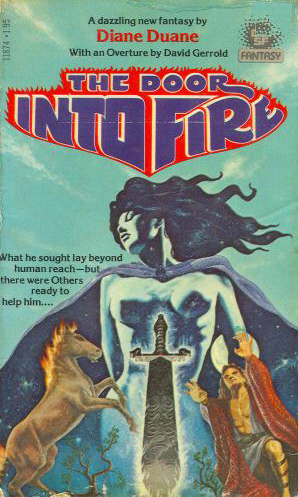 The Door Into Fire, by Diane Duane
The Door Into Fire, by Diane Duane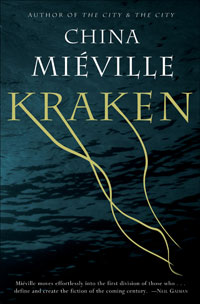 Check out
Check out 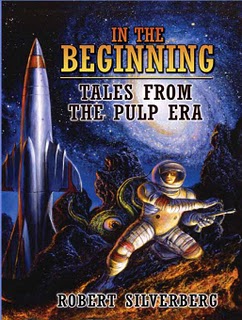 In a post on his blog last week, Canadian science fiction author Robert Sawyer asked “
In a post on his blog last week, Canadian science fiction author Robert Sawyer asked “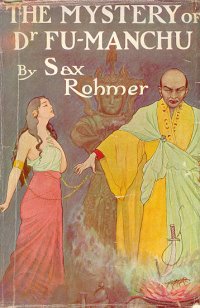
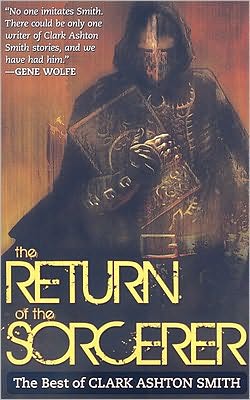 Confession: I am a fan of pulp fantasy who has, until recently, read very little Clark Ashton Smith. Yes, the man who comprises one of the equilateral sides of the immortal Weird Tales triangle has largely eluded me, save for a few scattered tales and poems I’ve encountered in sundry anthologies and websites.
Confession: I am a fan of pulp fantasy who has, until recently, read very little Clark Ashton Smith. Yes, the man who comprises one of the equilateral sides of the immortal Weird Tales triangle has largely eluded me, save for a few scattered tales and poems I’ve encountered in sundry anthologies and websites.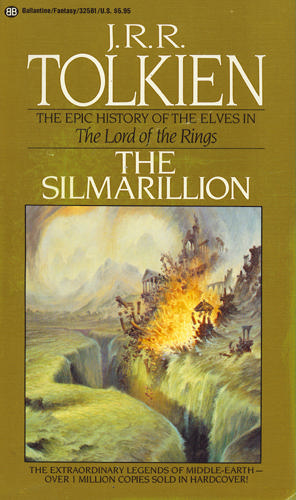 “Utter originality is, of course, out of the question.”
“Utter originality is, of course, out of the question.” “You’re gonna need a bigger boat.”
“You’re gonna need a bigger boat.”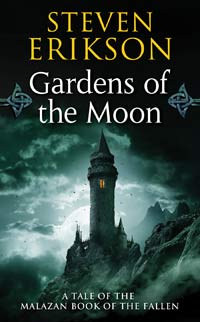 Over at Tor.com, bloggers Bill Capossere and Amanda Rutter have commenced an epic re-read of all ten volumes of The Malazan Book of the Fallen, starting with the first novel, Gardens of the Moon.
Over at Tor.com, bloggers Bill Capossere and Amanda Rutter have commenced an epic re-read of all ten volumes of The Malazan Book of the Fallen, starting with the first novel, Gardens of the Moon.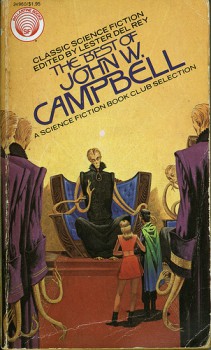 I’ve discovered that once you start writing about 1930s magazine science fiction — a field small enough for thorough analysis, but bursting with enough wonders to fill the galaxy — it becomes difficult to stop. Pondering the marvels of
I’ve discovered that once you start writing about 1930s magazine science fiction — a field small enough for thorough analysis, but bursting with enough wonders to fill the galaxy — it becomes difficult to stop. Pondering the marvels of